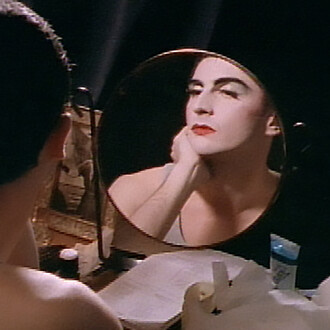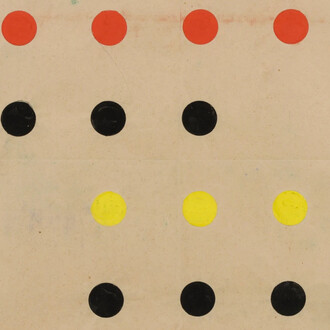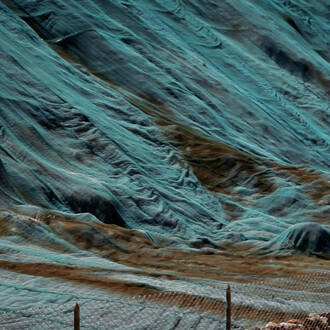Hollis Taggart Contemporary will open Of Folly, Fortune, Glory, Ruin, a two-person exhibition featuring the work of contemporary artists William Buchina and Christina Nicodema. The exhibition highlights Buchina and Nicodema’s distinct but related approaches to examining human rituals and social norms through unexpected, and often strange, dichotomies and juxtapositions. Their rich and layered paintings capture, in glimpses, the hypocrisies and extravagancies that exist within our daily lives and experiences. This shared vision is further articulated in the exhibition title, which takes its name from a line in William Thackeray’s poem Vanitas Vanitatum (Vanity of Vanities). Of Folly, Fortune, Glory, Ruin: William Buchina and Christina Nicodema will feature new and recent paintings by both artists and remain on view through February 22, at Hollis Taggart Contemporary at 514 W. 25th Street. An opening reception will be held on January 9, from 6:00 – 8:00 PM.
Buchina’s paintings meld a wide range of imagery, symbols, and references to produce Surrealist-style amalgamations that capture the common and inextricable relationships between the everyday and the bizarre. Recently, Buchina has been working with images of figures gathered together, whether for religious ceremonies, political rallies, marshal interventions, or other social situations. In Buchina’s paintings, the figures are removed from their contexts, relieved of their personalities, and re-configured in dense compositions. The incorporation of people in varying acts of praise, reverence, or allegiance infuse these scenes with an unsettling quality and suggest political critique—although the exact intention is obscured. These sensations are further emphasized by Buchina’s distinct formal approach, which mixes fine lines and detailed precision with flat swathes of bright color. This gives his work a montage or graphic novel effect, with the viewer passing through a series of disjointed vignettes. In this way, Buchina’s work is a kind of anthropological study of human behavior—a series of examples of the tribalistic ways in which people seek to meet their various and divergent needs, aspirations, and beliefs.
Nicodema’s lush and vivid still-life paintings present a decadent assortment of foods, flora, and fauna. Through these seemingly disparate images and references, Nicodema examines the schisms of the food chain and the impossibility of reconciling the notions of violence and empathy therein. Her compositions begin with the internet, which she scours for sources—responding particularly to social media’s affection for and elevation of food porn. She then remixes and manipulates these found visuals, either digitally or within the process of painting, to create tableaus that connect to the art historical traditions of Dutch vanitas paintings and Hieronymus Bosch’s fantastic compositions. By translating the language of the internet into painting, Nicodema also collapses the notional hierarchies between high and low art, creating her own vocabulary to examine contemporary culture and the endless cycle of dominance and submission present throughout all species and cultures. Within this wide-ranging study, Nicodema consistently returns to the food chain, as a primary example of the dichotomy between the desire to nurture and destroy. These subtexts are both amplified and obscured by the brilliant, often pastel and neon, coloring of her paintings.
















